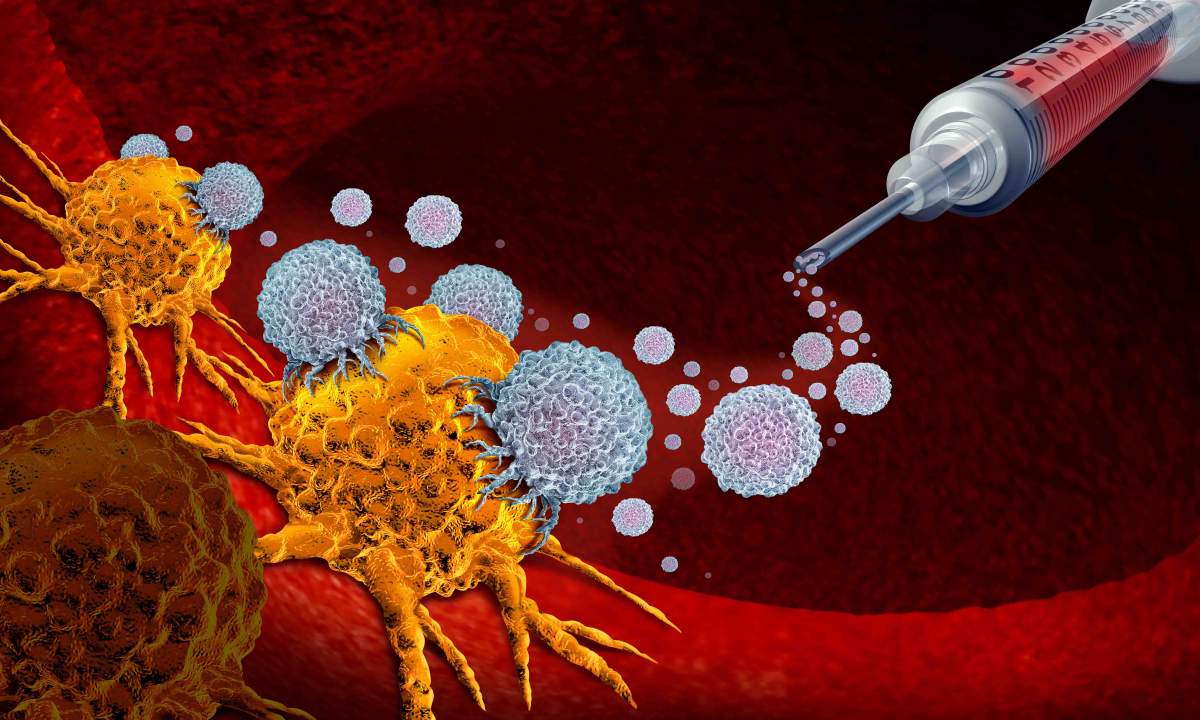Cancer has plagued humanity for centuries and taken countless lives. While treatments have improved significantly over the years, complete cures remained elusive for many cancer types. However, recent breakthroughs in immunotherapy are offering new hope and transforming the landscape of cancer treatment. Immunotherapy, also called biologic therapy, works by unleashing the body’s own immune system to fight cancer. Several new immunotherapy drugs have been approved in recent years that are achieving remarkable results against cancers once thought untreatable.
What are Immunotherapy Drugs?
Immunotherapy Drugs work by either boosting the existing immune response against cancer or helping the immune system identify cancer cells that normally would go undetected. There are different types of immunotherapy drugs that work through different mechanisms:
Checkpoint Inhibitors
Cancer cells have developed ways to “switch off” or inhibit the immune system’s attack. Checkpoint inhibitor drugs work by releasing these “brakes” and allowing the immune system to recognize and destroy cancer cells. Two of the most well-known checkpoint inhibitor drugs are pembrolizumab (Keytruda) and nivolumab (Opdivo). These block proteins called PD-1 and PD-L1 that help cancer evade the immune system.
Adoptive Cell Transfer
This type of immunotherapy removes immune cells from the patient’s body, modifies them in the laboratory to better recognize cancer cells, and infuses them back into the patient to seek out and destroy tumor cells. Chimeric antigen receptor (CAR) T-cell therapy is a form of adoptive cell transfer that has shown great promise for blood cancers.
Cancer Vaccines
Similar to traditional vaccines, cancer vaccines prepare the immune system to recognize specific cancer cell proteins or antigens. When the immune system encounters cancer cells expressing those antigens, it mounts an attack. Sipuleucel-T is an FDA-approved vaccine for prostate cancer. Vaccines are also in clinical trials for other cancers.
Oncolytic Viruses
These therapies use naturally occurring or engineered viruses that can selectively infect and kill cancer cells while leaving normal cells unharmed. Oncolytic viruses spark an immune response against the cancer and may also directly destroy tumor tissue.
Improving Outcomes Across Cancers
Immunotherapy drugs are achieving unprecedented results across a wide range of cancer types and transforming outcomes that were once dismal. Some examples of the progress being made:
Melanoma: Checkpoint inhibitors have produced response rates over 50% for advanced melanoma, with many patients experiencing durable remissions. 5-year survival rates have more than doubled for late-stage melanoma treated with immunotherapy.
Lung Cancer: Immunotherapy has given new options for many lung cancer patients. Pembrolizumab was the first FDA-approved treatment for metastatic non-small cell lung cancer with high PD-L1 expression regardless of genomic alterations.
Bladder Cancer: After decades of limited treatment options for advanced bladder cancer, checkpoint inhibitors like atezolizumab have significantly extended survival, achieving response rates around 15-25%.
Leukemia and Lymphoma: CAR T-cell therapies are inducing complete remissions in over 50% of patients with chronic lymphocytic leukemia or lymphoma who didn’t respond to other therapies.
New Combination Treatments
While immunotherapy has brought tremendous benefits as a single therapy, combining it with other treatments may unlock even greater potential. Areas of active research include combining immunotherapy drugs with targeted therapies, chemotherapy, and radiation therapy. Some examples showing promise:
– Pairing checkpoint inhibitors with targeted drugs that block specific cancer-driving mutations, like BRAF inhibitors for melanoma.
– Giving immunotherapy before or after surgery (“adjuvant” immunotherapy) to eliminate residual cancer cells and reduce risk of recurrence.
– Combining immunotherapy and chemotherapy, which may enhance the immune response and help overcome resistance to either treatment alone.
– Using radiation therapy with immunotherapy appears to generate enhanced anti-tumor effects from stimulating the immune system to recognize irradiated cancer sites.
The rapid development and approval of immunotherapy drugs over just the past decade have revolutionized cancer care. These treatments harness the immense power of the body’s own defenses and are curing some patients when nothing else worked. While challenges remain in maximizing benefit for all patients, immunotherapy is transforming incurable cancers into treatable, chronic conditions for many. Its promise to fundamentally change the way we approach and manage cancer marks it as one of the most important advances in medicine. Continued research will further improve and expand the remarkable potential of immunotherapy.
*Note:
1. Source: Coherent Market Insights, Public sources, Desk research
2. We have leveraged AI tools to mine information and compile it

